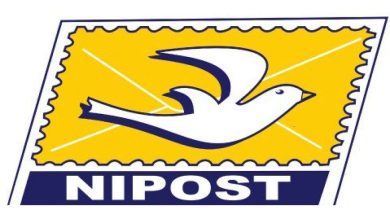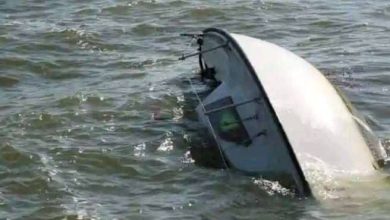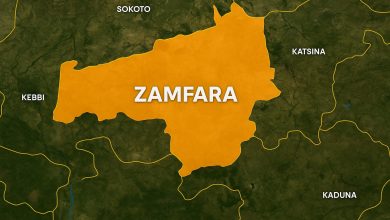Senate Demands NNPCL Account for N210 Trillion Flagged in 2017–2023 Audit Report
Lawmakers demand answers on flagged funds, warn of consequences for repeated hearing absences.
Senate insists on transparency, says public officials must respect constitutional accountability duties.
The Nigerian Senate has called on the Nigerian National Petroleum Company Limited (NNPCL) to provide a comprehensive explanation for over ₦210 trillion flagged in the 2017–2023 audit report by the Office of the Auditor-General for the Federation.
Senator Aliyu Wadada, Chairman of the Senate Committee on Public Accounts, made the demand on Thursday during a resumed hearing on the audit of Ministries, Departments, and Agencies (MDAs). He clarified that the Senate has not accused the NNPCL of stealing public funds but is fulfilling its constitutional role of demanding transparency and accountability in the management of state resources.
“The Senate is not alleging theft,” Wadada emphasized. “We are simply demanding accountability for the financial infractions highlighted in the audit report.”
The audit, which spans six years of financial activity, raises critical questions about how NNPCL managed public funds during the period under review. Despite the seriousness of the findings, the company’s Group Chief Executive Officer, Bayo Ojulari, was absent from the hearing, citing participation in an OPEC meeting in Vienna.
The committee, however, rejected a presentation from NNPCL Chief Financial Officer, Dapo Segun, insisting that Ojulari must appear in person to address the financial discrepancies flagged in the audit directly.
Senator Abdul Ningi, another member of the Public Accounts Committee, expressed concern over Ojulari’s continued absence, noting that the NNPCL boss has failed to honor committee invitations since his appointment.
“This isn’t about personalities. The GCEO must appear in person. This committee won’t accept evasiveness,” Ningi said.
Senator Adams Oshiomhole added a stern warning, stating that no public official is above parliamentary oversight. He emphasized that non-compliance with the Senate’s directive is unacceptable and urged Ojulari to respect the authority of the National Assembly.
“Anyone who believes they are above accountability has no business in public office,” Oshiomhole declared. “The committee’s directive is not optional. We expect full cooperation.”
The Senate Committee had previously ordered Ojulari to appear before it on July 10, with a caution that failure to do so could lead to an arrest warrant being issued. His absence has now triggered renewed calls for urgent compliance, as lawmakers insist on receiving direct responses to the audit findings.
The flagged ₦210 trillion represents a staggering portion of Nigeria’s public sector expenditure, and the Senate’s push for accountability signals growing scrutiny of state-owned enterprises, especially those operating in the oil and gas sector.
The controversy comes amid a backdrop of ongoing reforms in Nigeria’s energy sector, where NNPCL has transitioned into a limited liability company following the enactment of the Petroleum Industry Act (PIA). While the company now operates as a commercial entity, it remains publicly owned and subject to oversight by the National Assembly.
The Senate’s insistence on transparency reinforces the broader national conversation around fiscal responsibility, transparency in extractive industries, and the need for public institutions to maintain public trust.
Until Ojulari appears and provides answers to the audit queries, the fate of the NNPCL reputation and potentially its leadership remains under close legislative watch.



